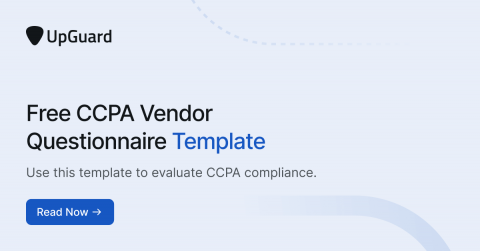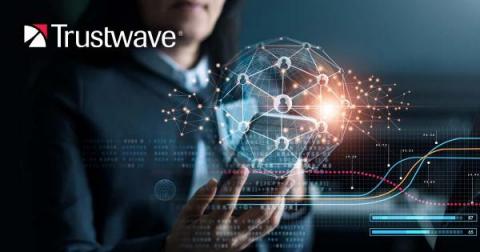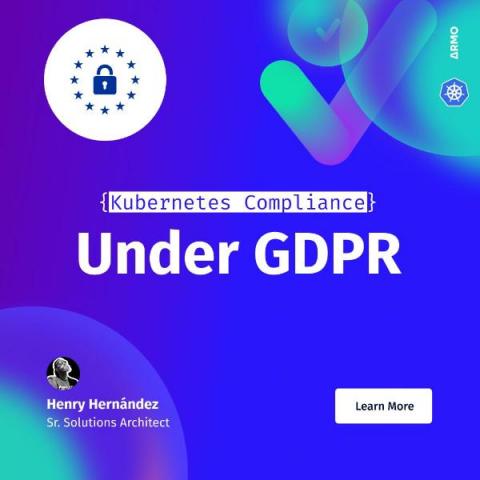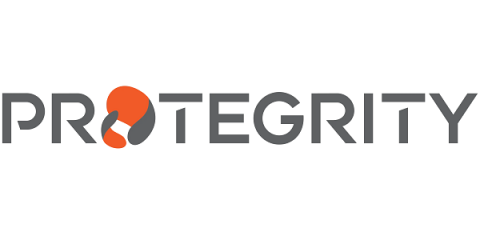Security | Threat Detection | Cyberattacks | DevSecOps | Compliance
June 2023
What is the Gramm-Leach-Bliley Act (GLBA)?
The Gramm-Leach Bliley Act (GLBA or GLB Act), or financial modernization act, is a bi-partisan federal regulation passed in 1999 to modernize the financial industry. It repealed vast swathes of the Glass-Steagall Act of 1933 and the Bank Holding Act of 1956, allowing commercial banks to offer financial services such as investments or insurance. It also controls how financial institutions deal with their customer's private information.
A Sarbanes-Oxley Act (SOX) IT Compliance Primer
At the turn of the most recent century, the financial world was in a moment of unregulated growth, which lead to some serious corporate misdeeds in the United States. This presented the opportunity for two senators to enact a new law to ensure accurate and reliable financial reporting for public companies in the US. The result was the Sarbanes-Oxley Act (SOX) of 2002. But what does financial reporting have to do with cybersecurity and IT compliance?
Preparing the Board of Directors for the SEC's Upcoming Cybersecurity Compliance Regulations
In March 2022, the U.S. Securities and Exchange Commission (SEC) issued a proposed rule, the Cybersecurity Risk Management, Strategy, Governance, and Incident Disclosure, that, if adopted, would require companies to disclose their cybersecurity governance capabilities and the role of the board concerning oversight of cyber risk.
Public Sector Software Security Two Years After Cybersecurity Executive Order
When the Public Sector wins, we all win. Rooting for the security of Public Sector software is something that comes naturally to Veracode. Federal agencies are tackling an incredibly difficult job, and the road to success is meaningful to us all – regardless of our sector or industry. The push for software security came strongly via specific requirements in the Executive Order on Improving the Nation’s Cybersecurity in 2021.
Kubernetes compliance under GDPR
The Role of the SEC in Enforcing InfoSec Legislation
Founded 85 years ago at the height of the Great Depression, the Securities and Exchange Commission (SEC) has a clear mission: to protect investors, maintain fair, orderly, and efficient markets, and facilitate capital formation. Put simply, the SEC aims to protect US investors by maintaining a fair market. The SEC doesn’t work directly with investors, however.
Frequently Asked Questions on the 2023 EU General Court's Pseudonymised Data Ruling
In 2023, the EU General Court overruled the European Data Protection Supervisor and ruled that pseudonymized data will not be classified as personal data under the of EU data protection law when transferred to a recipient who is unable to identify individuals. Businesses are now taking a closer look at their data anonymization processes, as well as the opportunities this new ruling may offer when transferring and accessing data across borders..








